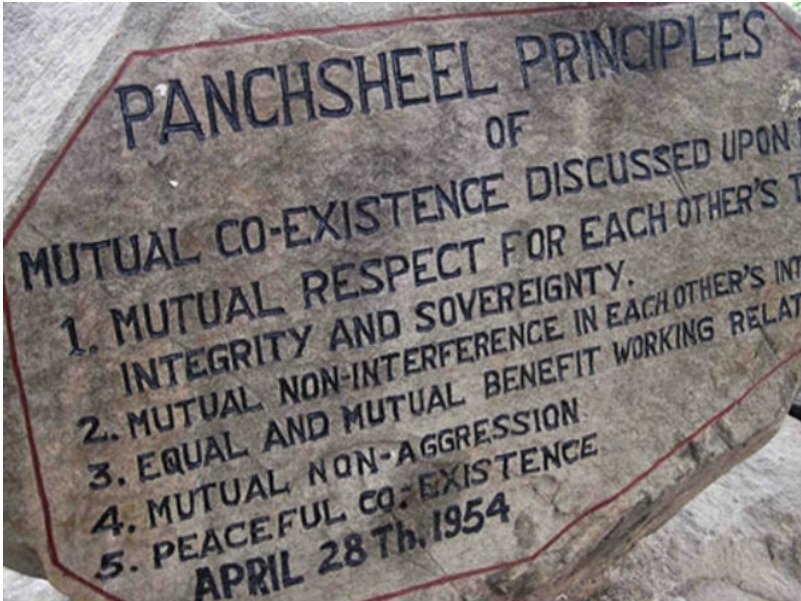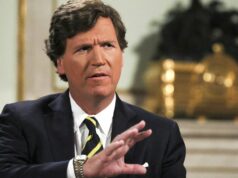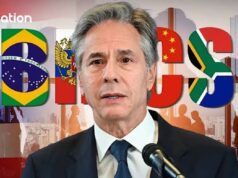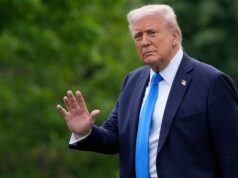Surprising That China Has Not Talked Of PANCHSHEEL AGREEMENT During This Face Off
 By
By
Colonel Awadhesh Kumar, Special Forces Veteran
Quite sometime back seeing that the future of ONE BELT ONE ROAD and a part of it CHINA PAKISTAN ECONOMIC CORRIDOR was quite bleak without active participation of India, China had started talking of the Panchsheel Agreement.
Just a few weeks after the Arunachal Naming Game and the tantrums shown by China with respect to Dalai Lama’s visit to Tawang, had come this invoking of Panchsheel.
Under the garb of Panchsheel, China wanted to discuss the CPEC with India and to allay all the fears New Delhi was having with regards to Kashmir including the portion occupied by Pakistan.
Whenever the Chinese are on back foot, their Foreign Ministry Mandarins start talking about following the Principle of Peaceful Coexistence to promote friendly cooperation with India. They start talking about regional Cooperation for common development and prosperity.
They talk about consultation on an equal footing, honouring the purposes and the Principles of the UN Charter and International laws including respecting the sovereignty and territorial integrity.
They start talking about endeavour to expand people to people exchanges, promote peace, justice, inclusiveness, democracy, good governance, the rule of law, human rights, gender equality and women empowerment, working together to fight against corruption and bribery in all their forms.
So it is just a matter of time when to save face in the current crisis, China will start talking about Panchsheel once again.
Now lets see what is ‘Panchsheel’. it was only an “Agreement on Trade and Intercourse “ between China and India signed on April 29, 1954 and which lapsed in 1962 and never renewed thereafter. Since the preamble of this Agreement contained the famous Five Principles, it was dubbed the ‘Panchsheel Agreement’ and it has till date kept its aura as the ideal solution to conduct foreign relations between two countries. In fact these Five Principles had formed the main pillar of India’s or rather Nehru’s foreign policy for the next fifty years. This was the beginning of the Hindi-Chini Bhai-Bhai slogan and India’s ‘non-aligned’ position.
However one should not forget that the first result of PANCHSHEEL was that Tibet, a 2000-old nation was erased from the map of Asia. Next India was backstabbed in 1962 and parts of it are still under Chinese occupation. During a debate in the Parliament in 1958, the Socialist leader Acharya Kripalani had rightly stated:
“This J17great doctrine was born in sin, because it was enunciated to put the seal of our approval upon the destruction of an ancient nation which was associated with us spiritually and culturally… It was a nation which wanted to live its own life and it sought to have been allowed to live its own life.”
A British Colonel, Francis Younghusband was the first foreigner to enter Lhasa and made the Tibetans sign an agreement with the mighty British Empire. Tibet was thus acknowledged as a nation by the British also.
Ten years later, a tripartite Conference in Simla settled the issue among the British India, Tibet and China. This Simla Convention, was still in force when India became independent in August 1947.
In October 1950, Mao Zedong’s troops however invaded Tibet without any provocation and enslaved a free country with free people. A natural and cultural buffer zone between India and China thus disappeared without even a token protest by India.
This policy still haunts India China relationship and the Indo Tibetan border tangle with China still remains unresolved.
Great Game player China. However thank God, India has a new and different set of players under a different Captain with coaches like Subramanian Swami and others.




